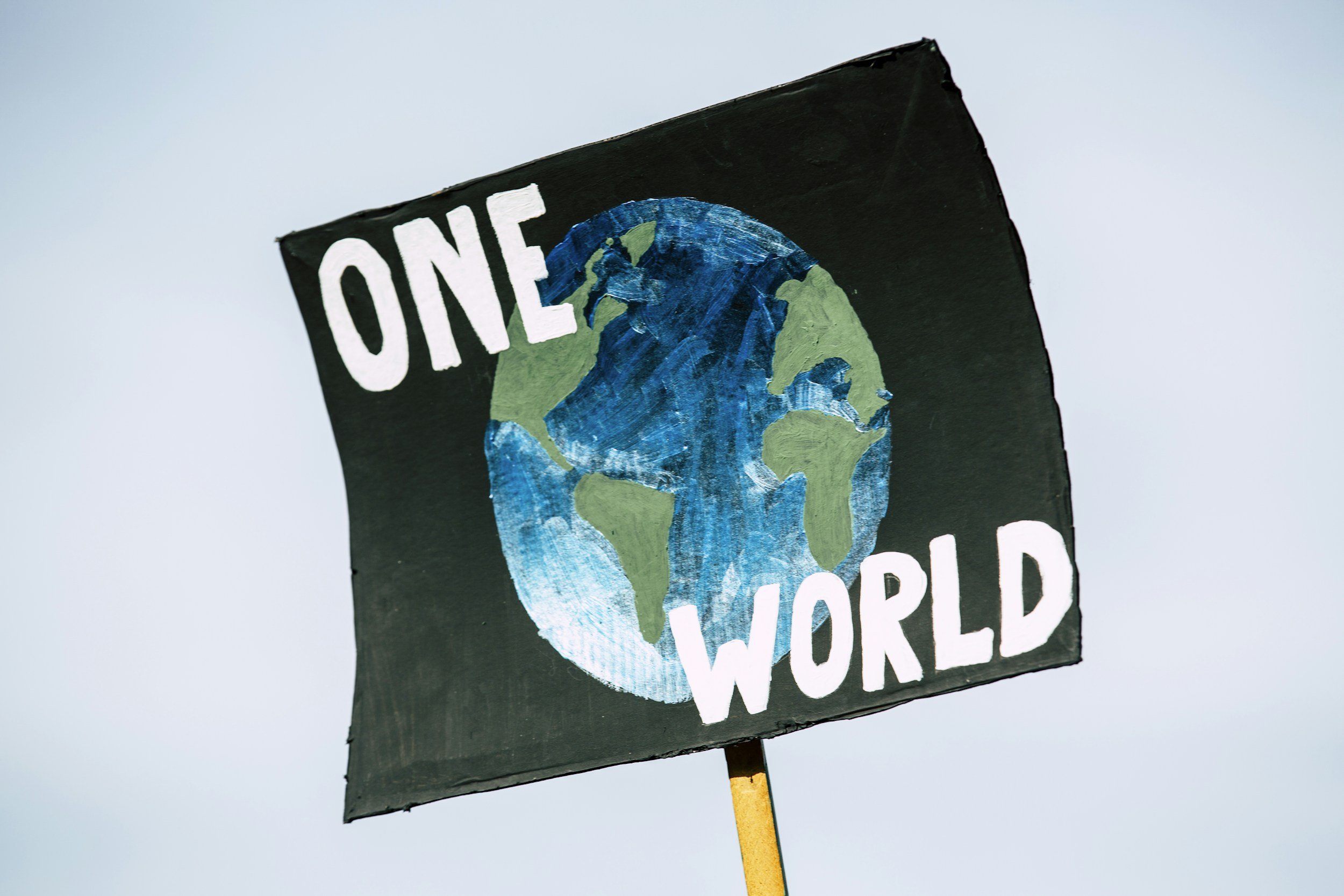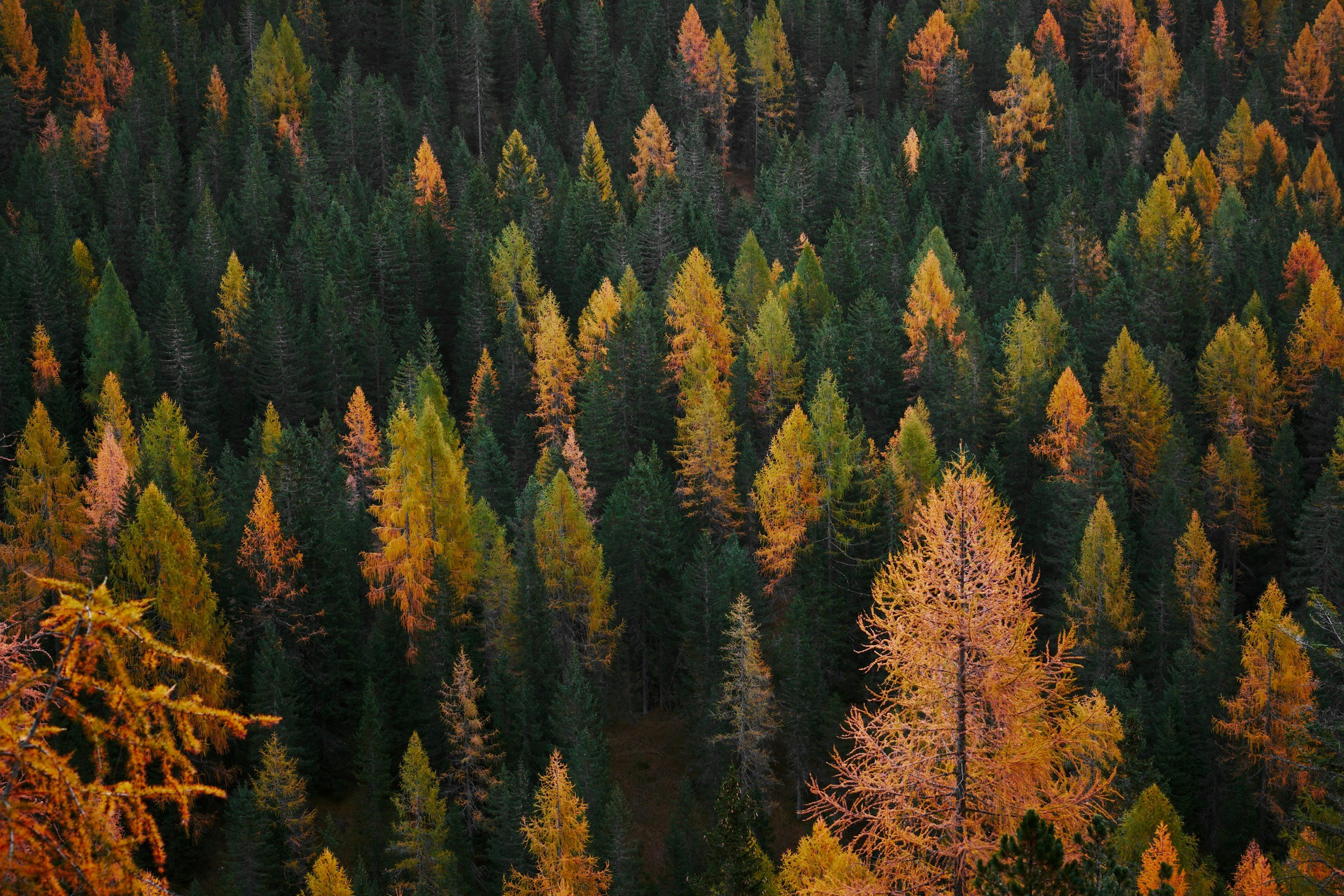
Civil Society Groups Letter to the IPCC Ahead of 62nd Session: A Call to Center Equity, Real Solutions, and End Reliance on Highly Speculative Technologies
The Intergovernmental Panel on Climate Change (IPCC) has entered into its Seventh Assessment Cycle (AR7), which formally began in July 2023.
The IPCC and government delegates will meet in Hangzhou, China, from 24 to 28 February to take a number of foundational decisions that will shape the scope and outcomes of AR7. Delegates will discuss the outlines of all three Working Group Reports as well as the Methodology Report on Carbon Dioxide Removal Technologies and Carbon Capture Utilization and Storage.
We — civil society organizations, Indigenous Peoples, climate justice movements and frontline communities — welcome the work of the Intergovernmental Panel on Climate Change (IPCC) in collating and disseminating the best available science on one of the greatest global crises of the 21st century.
However, as the world enters into uncharted territory of increasing climate breakdown, we urge the IPCC to reassess its approach for the 7th assessment cycle (AR7), particularly with regard to equity, modelling, and mitigation pathways. Climate scenarios used in AR6 failed to address the critical principle of equity by ignoring historical responsibility in distributing the mitigation burden, perpetuating gross energy and emissions inequalities, and permitting a continued unjust appropriation of the remaining carbon budget. These models portray inequitable futures, failing to address interconnected crises like hunger, poverty, and biodiversity loss.
Instead of prioritising necessary fossil fuel phase out, curbing economic growth for developed nations and ensuring fair mitigation shares, many climate models rely on cost-optimising approaches and narrow and politically convenient economic assumptions which result in scenarios that rely heavily on speculative, high-risk technologies to remove CO2 from the atmosphere, pushing action into the future, and locking in more emissions. These technologies remain unproven, do not exist at a meaningful scale and come with serious risks and impacts for communities and ecosystems. The IPCC acknowledges that CDR-heavy pathways are considered overshoot pathways, which would lead to consequences and impacts that would be extremely challenging, if not impossible, to reverse.
For AR7, we call on the IPCC and the scientific and modelling community to course correct and put forward equitable and just pathways rapidly curbing global warming, highlighting the crucial importance of a fossil fuel phase out, and ending reliance on dangerous and unproven technology.
A call for more equitable and just climate pathways
Climate modelling and scenario approaches need radical change: AR7 modelling must center equity and global justice. Burden-sharing for mitigation across countries and regions in the policy assumptions on which scenarios are based must be grounded in historical responsibility and the principles of equity and common but differentiated responsibilities and respective capabilities.
Mitigation pathways must prioritise equity in food security, energy access, development and consumption for the well-being of the populations of all countries. Developed countries and regions must make significantly greater efforts to reduce emissions to allow for an equitable sharing of the remaining carbon budget.
If the IPCC is to remain a globally relevant and credible source of information, then it must take the concerns of equity, climate justice and well-being for all seriously in its assessment of mitigation pathways.
Foreground near-term action and real solutions
AR7 must prioritise pathways that include:
an urgent, equitable and rapid fossil fuel phase out, as part of a just transition, with developed countries taking the lead, and providing finance and other means of implementation to support phase out in developing countries;
the protection and restoration of global ecosystems by avoiding harmful activities in the first instance, and restoring already damaged ecosystems;
community driven solutions that centre justice and equity, tackle urgent and interconnected crises of hunger and poverty, address global inequalities in consumption and energy access, while upholding the inherent and collective rights of Indigenous Peoples, and the rights of peasants, fisherfolks and traditional communities;
End reliance on Carbon Dioxide Removal (CDR) and Carbon Capture Utilization and Storage (CC(U)S)
Large-scale engineered CDR and CC(U)S, whether land or ocean-based, risk grave harm to ecosystems and people, and have not been proven effective, especially at climate-relevant scale. Despite this, climate models that assume the feasibility and availability of technological fixes over-emphasize the role of CDR and CC(U)S and diminish ambition to reduce emissions and eliminate fossil fuels. In practice, some removals can be used to create carbon offsets for sale to emitters allowing polluters to profit and further pollute, and CC(U)S to extend production of fossil fuels.
AR6 WGIII found that the safest pathways involve drastically reduced CDR, limiting it to non-engineered options, and much steeper cuts in emissions through a rapid phase-out of fossil fuels, and protecting primary ecosystems. The IPCC concluded that CCS is one of the least efficient and most expensive ways to reduce emissions in the near term; with CCUS (CO2 storage in products like fuels), CO2 is re-released into the atmosphere after a short time.
AR7 must take this as a starting point and ensure that the Methodological Report fully reflects the significant scientific and real world evidence of the limitations and dangers of CDR and CC(U)S, and ensures its accounting and reporting guidance prevents the equating of fossil fuel emissions and carbon removals. This is essential in order to minimise chances of dangerous overshoot scenarios and avoid unintentionally legitimizing these risky technologies. Further, it is crucial that the report avoids legitimising the use of CDR and CC(U)S for carbon trading and offsets in Article 6 of the Paris Agreement. Providing economic incentives such as selling CC(U)S carbon offsets undermines direct mitigation of greenhouse gases.
Solar Radiation Modification (SRM) is not a legitimate response to the climate crisis
Despite growing political pressure, in particular in the context of the near-future prospect of breaching 1.5°C, AR7 must continue not to treat solar radiation modification (SRM), or solar geoengineering, as a legitimate response to the climate crisis. As AR6 has found, SRM would “introduce a widespread range of new risks to people and ecosystems, which are not well understood” (WGII SPM B.5.5). The global moratorium on geoengineering under the Convention on Biological Diversity (which also covers many CDR approaches) was reaffirmed at COP16 in Colombia last year, due to the profound, unpredictable, and potentially irreversible impacts on biodiversity, while the UN Human Rights Council’s Advisory Committee has warned of the adverse impact on the fundamental rights of potentially billions of people.
The existing modelling literature on SRM fundamentally understates the risks of SRM: the risks are almost always weighed against the risks of climate disaster (the most extreme scenarios presented by the IPCC), an attempt to make SRM seem more palatable, and models cannot anticipate all potential effects. The insurmountable challenges of global governance, politics and ethics are also not – and cannot be – represented in the models. In a world of climate breakdown, SRM will only ever make things worse; AR7 must continue to treat solar geoengineering with extreme precaution.
Therefore, we respectfully call on the IPCC and the scientific and modelling community to centre equity in how it approaches modelling and scenarios, prioritise the phasing out of fossil fuels at source, and end reliance on CDR including CC(U)S, and other highly speculative technologies and mechanisms.
Signed By
International Organizations
Climate Action Network (CAN) International
Friends of the Earth International (FoEI)
Friends World Committee for Consultation (FWCC)
Global Alliance for Incinerator Alternatives (GAIA)
Global Forest Coalition (GFC)
HelpAge International
Hands Off Mother Earth! Alliance (HOME)
Third World Network (TWN)
Women Engage for a Common Future (WECF) International
International, regional and national organisations
AbibiNsroma Foundation, Ghana
Academia Cidadã - Citizenship Academy, Portugal
Action Jeunesse pour le Développement, Congo
Actions pour la Promotion et Protection des Peuples et Espèces Menacés en RDC (APEM RDC), DRC
Actions pour la Réinsertion Sociale de la Femme "ARSF", DRC
Adarsha Samajik Progoti Sangstha-ASPS, Bangladesh
African Center For Health, Climate & Gender Justice Alliance (ACHCGA), Kenya
AirClim, Sweden
Ajesh (Ajemalebu Self Help), Cameroon
Akina Mama wa Afrika, Uganda
Asian Peoples' Movement on Debt and Development (APMDD), Asia
Association For Promotion Sustainable Development, India
Awinakola Foundation, Canada
Biofuelwatch, UK/USA
Buliisa Initiative for Rural Development Organisation, Uganda
Center for International Environmental Law (CIEL), USA
Centre pour la Justice Environnementale, Togo
Centro Ecológico, Brazil
Climate Action for Lifelong Learners (CALL), Canada
Climate Action Merribek, Australia
Climate Action Network (CAN) Arab World
Climate Action Network (CAN) Zambia
Climate Change Africa Opportunities (CCAO), DRC
Climate Justice Alliance, USA
Conflict and Environment Observatory, UK
Congo Basin Conservation Society CBCS-Network, DRC
Corporate Europe Observatory (CEO), EU
CounterCurrent, Germany
Earth Ethics, Inc., USA
EcoNexus, UK
Ecoropa, EU
Environmental Advocacy in Central Queensland, Australia
Environmental Defence Canada
Equidad de Género: Ciudadanía, Trabajo y Familia, Mexico
ETC Group, Canada/Philippines
Faith for the Climate, UK
FAWCO, USA
Fern, Belgium
FracTracker Alliance, USA
Friends of the Earth Scotland
Fundacion para Estudio e Investigacion de la Mujer, Argentina
GAIA Asia Pacific
Global Justice Ecology Project, USA
Global Learning for Sustainability, Uganda
Green Planet, India
GreenLatinos, USA
GroundWork, Friends of the Earth South Africa
Heinrich Boell Foundation, Germany
Heinrich Boell Foundation Washington, DC, USA
Human Power Organisation, Malawai
Human Rights Institute of South Africa
International Marine Mammal Project of Earth Island Institute, USA
Indigenous Environmental Network (IEN), USA
International Network of Liberal Women, Netherlands
Jubilee Australia Research Centre, Australia
Just Transition Alliance, USA
Jeunes Volontaires pour L’Environnement (JVE) Niger
Leave it in the Ground Initiative (LINGO), Germany
Milieudefensie, Friends of the Earth Netherlands
Mothers Rise Up, UK
Movimiento Ciudadano Frente al Cambio Climatico-MOCICC, Peru
National Campaign for Sustainable Development Nepal
Natural Justice, Africa
North American Climate, Conservation and Environment (NACCE), USA
OceanCare, Switzerland
Oil Change International, USA
Pakistan Fisherfolk Forum, Pakistan
Pilier Aux Femmes Vulnerables Actives (PIFEVA), DRC
Port Arthur Community Action Network (PACAN), USA
Practical Action, UK
Quaker Earthcare Witness, USA
Reacción Climática, Bolivia
Recourse, Netherlands
Red de Información y Acción Ambiental de Veracruz, Mexico
Réseau des organisations des jeunes engagés dans le changement climatique, conservation de la biodiversité, zones humides et forêts (ROJECF), DRC
Rise Up WV, USA
SDDNature, DRC
Seas At Risk, Belgium
Social Economic Development Society (SEDS), Bangladesh
Sociedad Amigos del Viento, Uruguay
Société civile environnementale (SOCEARUCO), DRC
SOMO, Netherlands
South Asian Forum for Environment, India
South Durban Community Environmental Alliance, South Africa
The Australian Foundation for Wilderness, Australia
The Australian Rainforest Conservation Society, Australia
The Gaia Foundation, UK
Tonatierra, USA
TRAFFED-RDC - Greenfaith Africa en République Démocratique du Congo, DRC
Uganda Coalition for Sustainable Development / East African Sustainability Watch Network, Uganda
urgewald, Germany
Valuing Voices, UK
Vote Earth Now, Australia
We The World Botswana
WECF France
WhatNext?, Sweden
Women Protection Centre Sindh, India
Women's Earth and Climate Action Network (WECAN), USA
WOMENVAI, France
World Animal Protection, UK
